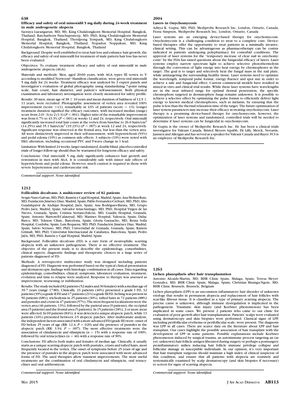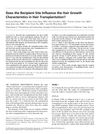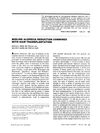Lichen Planopilaris After Hair Transplantation
May 2015
in “
Journal of The American Academy of Dermatology
”

TLDR Oral minoxidil improved male baldness, but had side effects; certain antibiotics effectively treated a rare scalp condition; hair transplants might trigger another scalp condition.
The document reports on the efficacy and safety of oral minoxidil 5 mg daily for the treatment of male androgenetic alopecia (AGA) over a 24-week period. The study involved 30 men with a mean age of 38 years and a mean duration of baldness of 12.9 years. Results showed a 100% improvement in the vertex area, with 43% of patients experiencing remarkable improvement. Oral minoxidil significantly increased total hair count and hair diameter, with hypertrichosis and pedal edema being the most common side effects. Three subjects experienced EKG alterations. The study suggests that oral minoxidil is effective and relatively safe for treating AGA, but larger, longer-term studies are recommended. Additionally, the document includes a multicenter review of 82 patients with folliculitis decalvans (FD), a rare form of scarring alopecia, and discusses the clinical presentation, diagnostic findings, and therapeutic choices, noting that the combination of oral clindamycin and rifampicin, as well as oral tetracyclines, were the most effective treatments. Lastly, the document presents two cases of lichen planopilaris (LPP) after hair transplantation, suggesting a possible association between hair transplant surgery and the development of LPP, potentially due to surgical trauma or an autoimmune response. Hair transplant surgeons are advised to screen for signs of scarring alopecia using dermatoscopy and skin biopsies.


